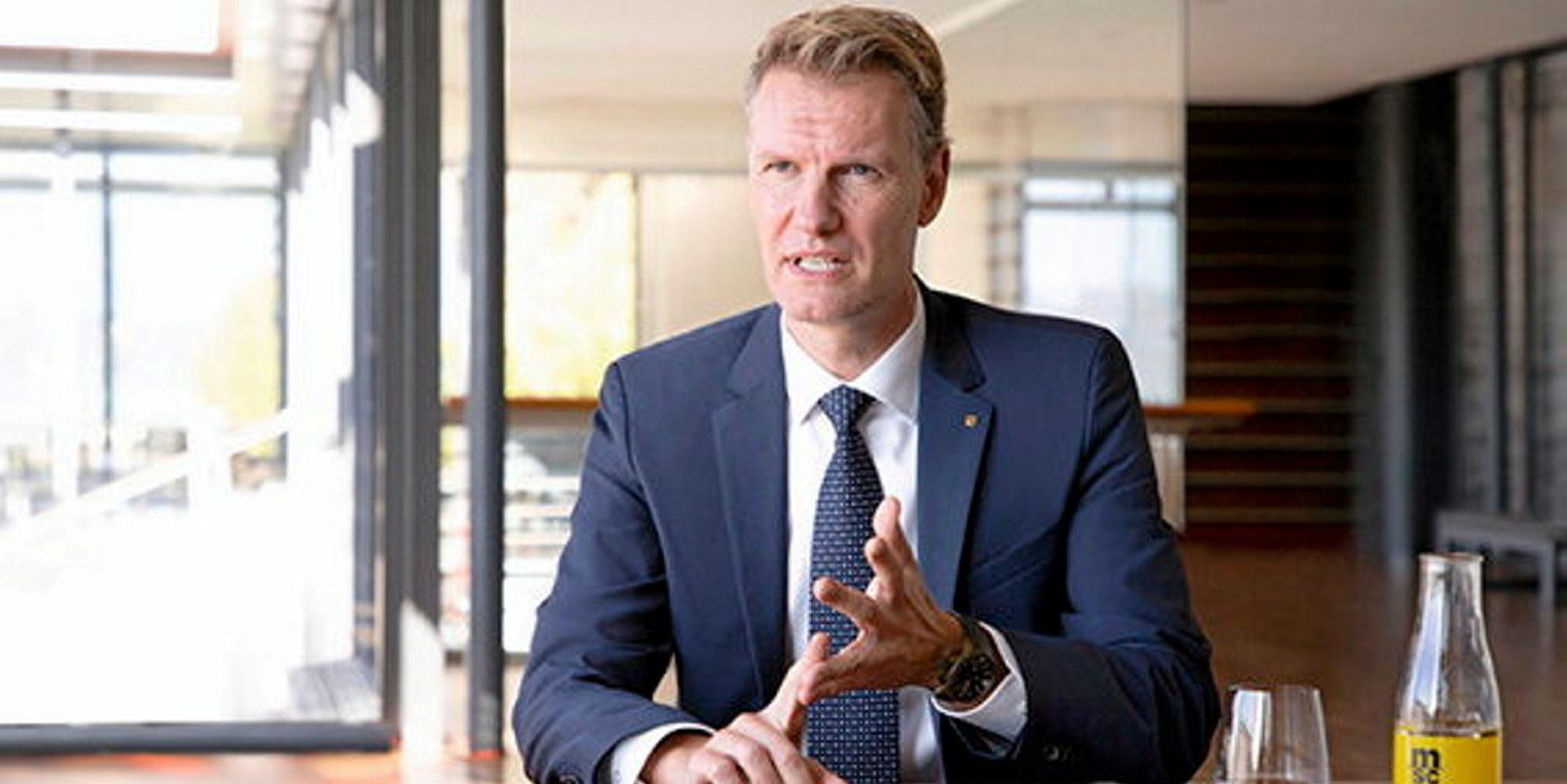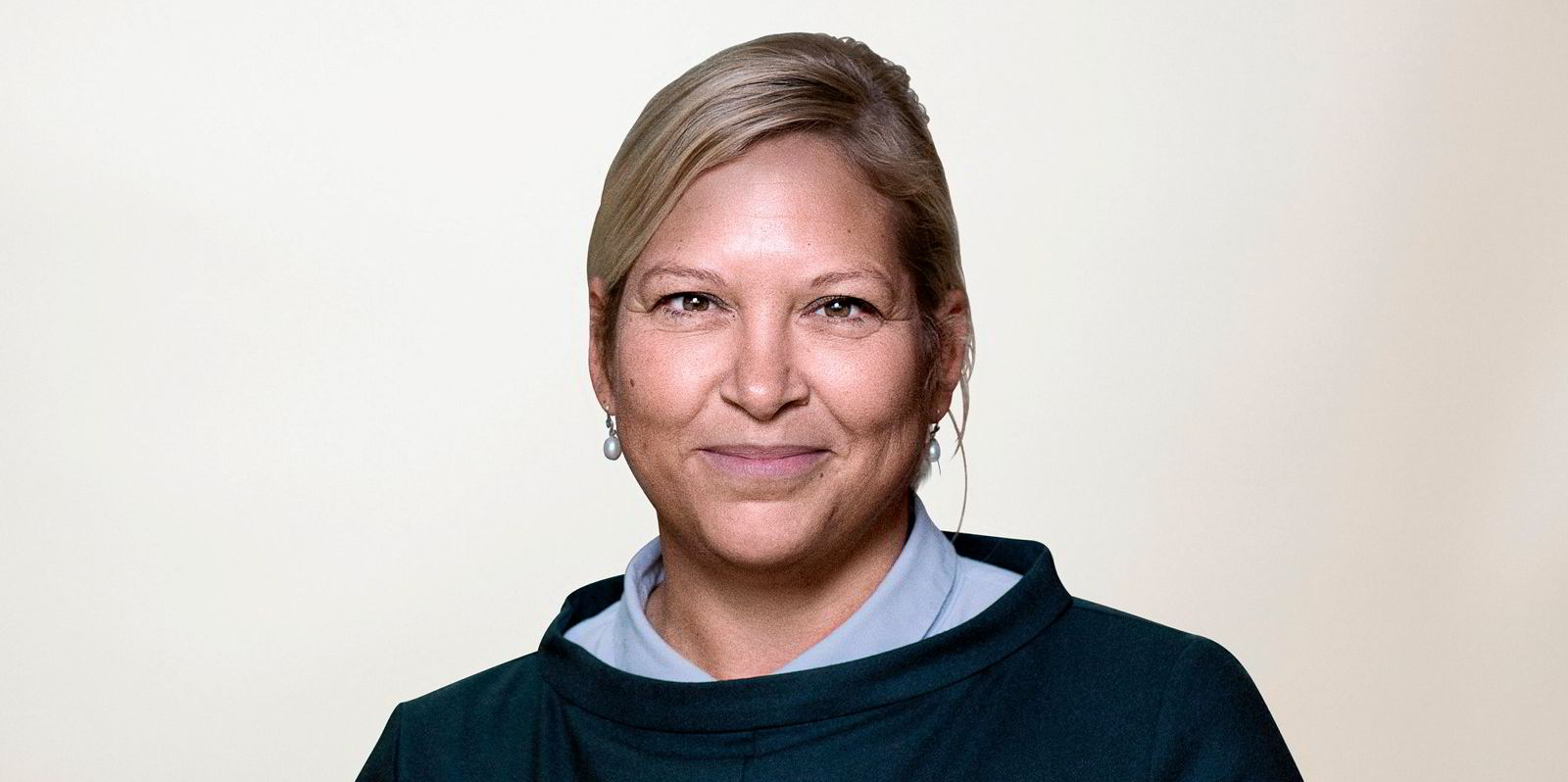Mediterranean Shipping Co (MSC) chief executive Soren Toft has joined other carriers seeking to lower shipping emissions by backing carbon pricing measures.
The move is part of widening liner industry support for governmental measures to help the shipping industry decarbonise.
The head of the Swiss-based liner operator said specific global initiatives are required to enable decarbonisation, including market-based measures that incorporate carbon pricing.
He also voiced support for a global industry-wide research and development (R&D) fund for decarbonisation, adding that there is currently no scalable long-term solution available on the market.
“Some form of global market-based measure, incorporating carbon pricing, could help the industry to decarbonise by reducing the price gap between fossil fuels and zero-carbon fuels as they become available,” Toft said.
“At the same time, despite our huge investments into our fleet and operations, scalable long-term solutions simply do not currently exist for us to deploy on our ships.”
Toft suggested that the only commercially available options that would significantly reduce shipping emissions at scale today are LNG, biofuels and improving energy efficiency.
While these are crucial elements as part of the energy transition, they alone would not provide a long-term or full solution, he said.
Logistical and technical issues must be solved before new fuels can be scaled up for the shipping industry.
“There is a gap in R&D to bring these alternative fuels and technologies to the market,” Toft added.
Banding together
The comments come in a month when the liner sector voiced its support for a global R&D decarbonisation fund to help catalyse new technologies and zero-carbon fuels.
The sector appealed to governments in an open letter to the member states of the International Maritime Organization, signed by the CEOs of 17 members of the World Shipping Council on 3 June.
The liner companies had identified “potential solutions”, such as green ammonia or e-fuels produced from renewable energy.
But the letter added that “the technology to use these fuels [does] not yet exist in a scale or form that can be applied to large transoceanic ships”.
Lines argued that support for the International Maritime Research and Development Board (IMRB), a $5bn programme to coordinate and fund R&D, “would enable the development of commercially viable low-carbon/no-carbon ships by the early 2030s”.
Ten IMO member states are currently co-sponsors of the IMRB proposal “and we now appeal to all governments to support this innovation drive”, the letter stated.
“If carbon pricing is to deliver results, there must be zero-carbon options. The IMRB will make these options available,” it added.
“World trade and the world’s economies cannot afford chaotic decarbonisation of shipping.”







